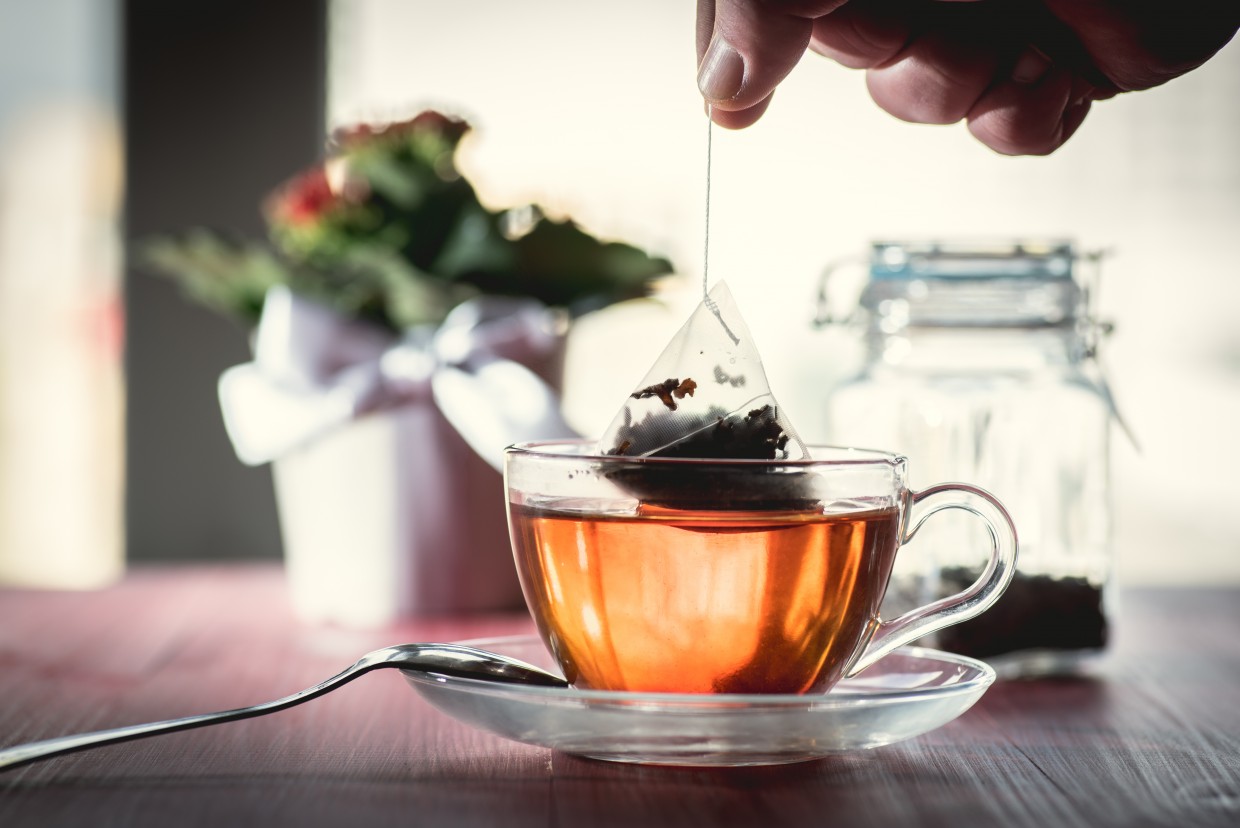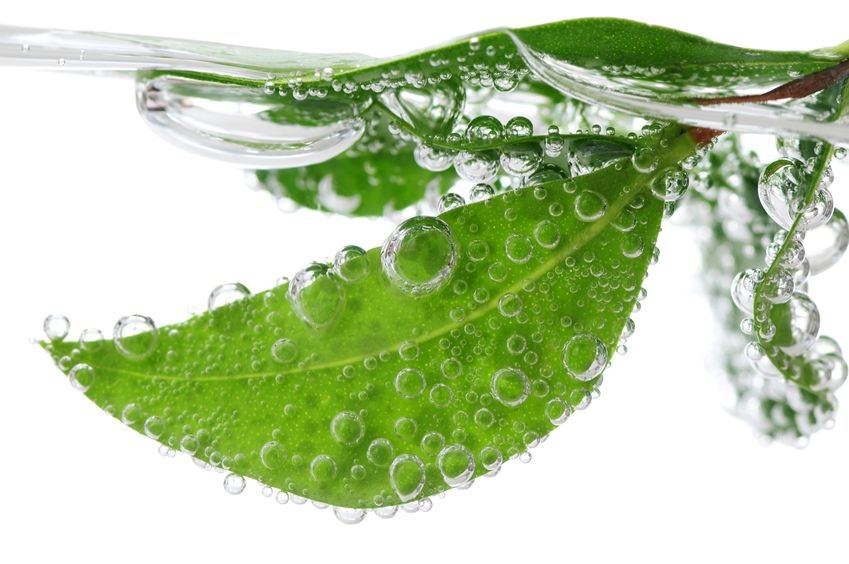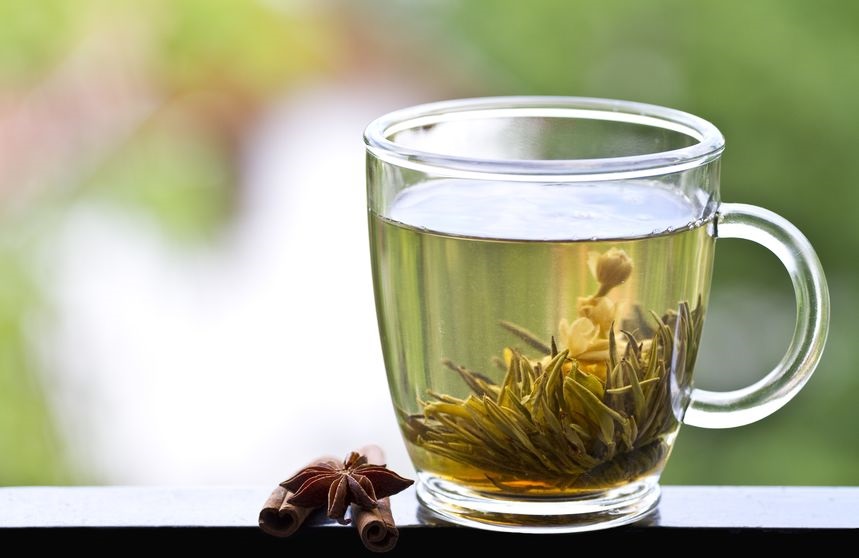How Your Choice of Water Can Make or Break your Next Cup of TeaVEEN Scene 009

Using the right water for tea will respect the hard work of the tea master who often must work several days to process the tea leaves to get just the right oxidation and consistency for the final processed tea. The right water can showcase outstanding flavors and aromas and show the unique flavor potential of the tea.
After water, tea is the second most consumed beverage in the world. Tea comes in many varieties, flavors and aromas and tea lovers around the world carefully select high-quality loose-leaf teas based on their preferences. With its six major types, ranging from delicate white teas, aromatic green teas to strong black and dark teas, tea offers a taste and aroma range for everyone depending on their unique preferences. In addition, many companies offer flavored teas and herbal infusions with a never-ending array of choices. While careful attention is placed on the quality of leaves, the quality of water in tea can have a major impact on the taste of the brewed beverage.
Many people believe that using tap water, if it is ‘clean’ should be enough for making tea. Tap water contains impurities and further chemicals like fluoride and chlorine which have been used during the cleaning process of the municipal water. These components will interact with the tea components and ultimately wreak havoc on the final taste of the brewed beverage.

The Tea Science
In scientific terms, tea is a solution where water dissolves soluble components of the tea leaf. Water is often called the universal solvent because it dissolves so many types of substances. Every aspect of the tea leaves, the water and the way the infusion process is carried out will affect the final product; a wonderful cup of tea.
95 percent of tea consists of water and paying attention to the quality of water will further enhance the taste and aroma of the tea. What consumers are looking for is an elevated taste experience with more and more people asking for the origin of the product they are enjoying.
So What Water is Best to Use?
Not every water however is ideal for brewing a high-quality tea. Good tea water should have a super low minerality level, like VEEN Velvet, to ensure that the minerals in the water don’t interfere with the minerals in the processed tea leaf. A TDS level (Total Dissolved Solids) of less than 30 would be preferred. The PH level should be around 7, though slightly less or slightly above would be fine. An extreme PH level would also distract the flavor profile.
Water plays an important role in the growing process of a tea plant. Depending on the nutrients and mineral level of the water, the tea plant will shape its structure, which then will shape the characteristics and potential of the intended tea. With the skills of a tea master, these flavor profiles will be locked in during the tea processing only to be revealed during the brewing process.

Deep dive into the components of tea
There can be over 700 components in a freshly plucked tea leaf ranging from antioxidants, polyphenols, vitamins, flavonoids, caffeine and fluorine depending on the processing degree and type of the tea. There can be up to 28 minerals in a tea leaf depending on the terroir of the tea and the soil where the tea was growing.
Each of these components diffuses into the water based on the temperature and time immersed in the water. Minerals present in the water will interact with the tea components and can have an impact on the taste of the tea. In an extreme case, diffusing tea in distilled water can create a flat, almost metallic taste as the absence of minerals in water can have a negative effect on the brewing process.
Water acts as the receiving vessel for tea and the combination between the tea and the water will create the beverage we ultimately will enjoy.

Striking the right balance between water and tea
The right combination between tea and water will elevate the tasting experience. Regular water combined with a low-quality tea will create a flat tasting experience which hardly will be memorable. A carefully selected combination of a high-end loose-leaf tea combined with a fine water like VEEN Velvet will create a complex profile which will be noticeable in the tasting experience. It will amplify the characteristics of the tea components and the taste will linger long after the last sip of the tea.
The customer experience
The source of the water and the water quality can have a positive impact on a customer’s experience. High end customers want to know the origin of the tea. For a single estate tea, they want to know the method of how the tea was picked, the tea master who processed the tea and how it was packaged. Combining this information with the source of the water, the origin and the quality will further enhance the tasting experience for the customer. The terroir of the tea combined with information of the source of water will create a unique and memorable experience for a tea lover.
Brewing tea in different waters can even have an impact on the color of the tea. Several components in the tea, like carotenoids will interact with the minerals in the water. Too much minerals and the taste of the tea can be altered in an unfavorable way.
Respect for the tea craft
Using the right water for tea will respect the hard work of the tea master who often must work several days to process the tea leaves to get just the right oxidation and consistency for the final processed tea. The right water can showcase outstanding flavors and aromas and show the unique flavor potential of the tea.
Tea is unique as a product in the beverage industry. Most products like wine are sold to a consumer as a final product. Tea will have to be prepared either in a restaurant by the staff or by the consumer at home. For high end teas, that also requires knowledge of the right amount of tea to use, the right temperature and the right steeping time to reveal the potential and optimal taste for a tea.
Tea is not limited to still water. A new trend in the tea industry, that is growing quickly are sparkling teas, providing a unique experience in the combination of tea and sparkling water.
Choosing the right water for tea can further contribute in achieving an outstanding taste experience and hopefully more and more people will make conscious decisions on selecting the best water for their tea.
Michael Hemling is a Certified Tea Sommelier with the World Tea Academy and a Certified Water Sommelier with the Fine Water Academy. He currently lives in Myanmar and soon will be moving to Malawi. Visit his tea and water adventures at manwithamug.com